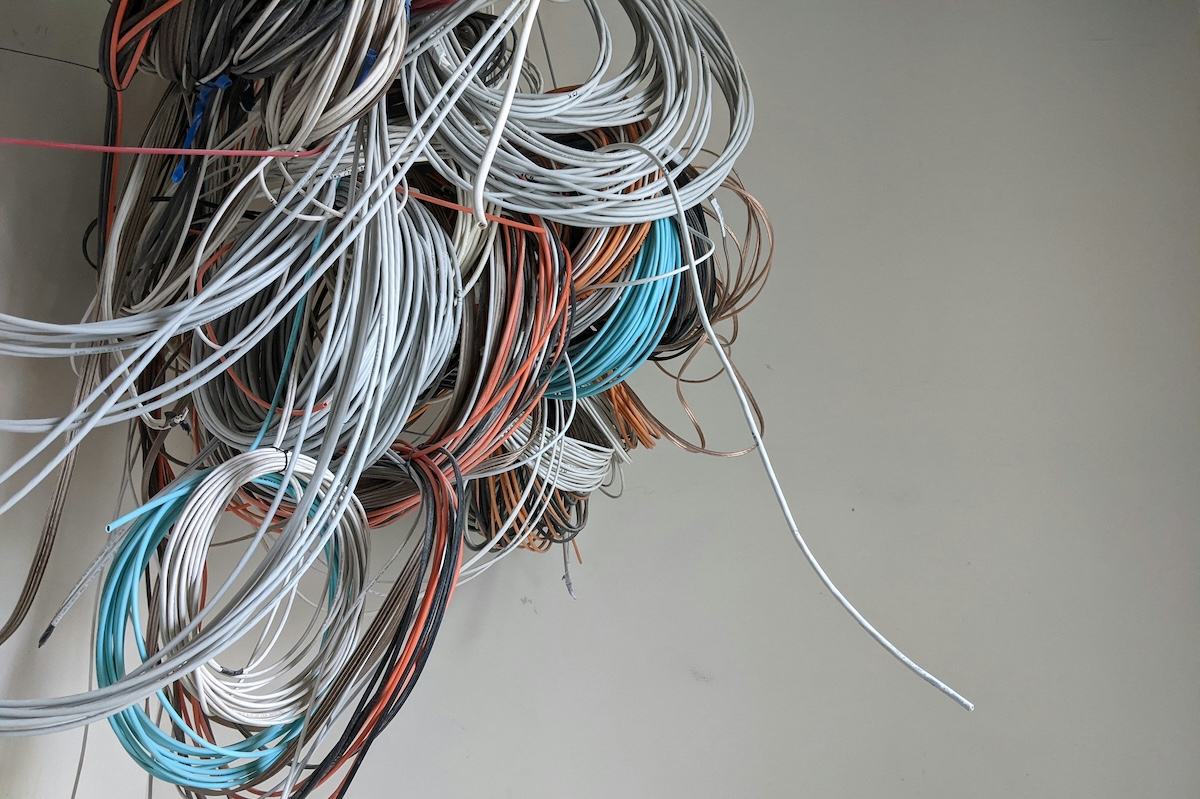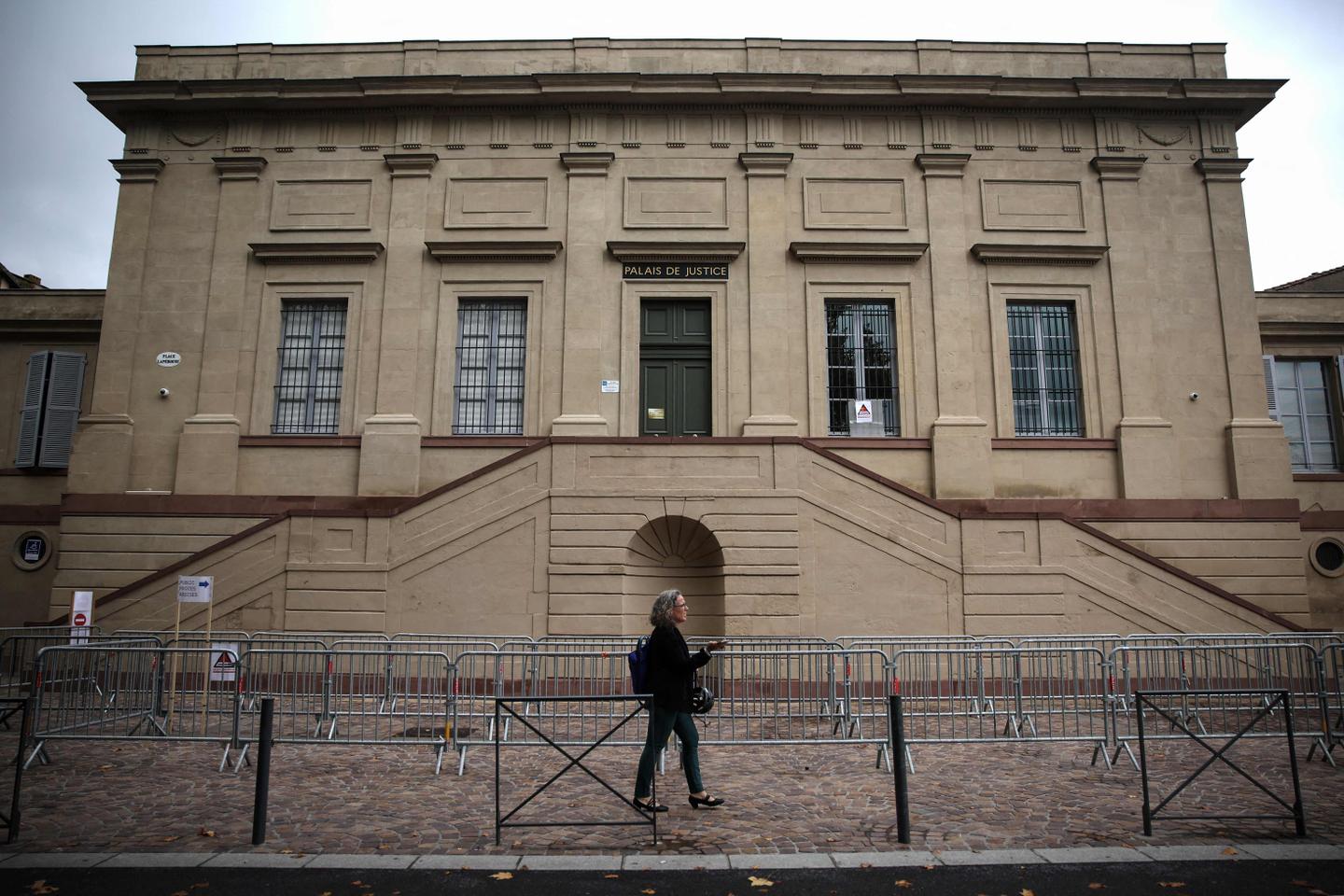Australia's Billion-Dollar Tutoring Industry Faces Scrutiny and Calls for Regulation
Australia's private tutoring industry, now a billion-dollar market, is under increasing scrutiny due to a lack of accreditation, enforced codes of conduct, and student protection. Experts like Dr Ben Zunica from Sydney University are raising concerns about unqualified operators and deepening education inequities.
The Unregulated Landscape of Private Tutoring
Dr Zunica points out that anyone can offer tutoring services without demonstrating qualifications or accountability. He emphasizes that families are spending significant sums, often "tens of thousands of dollars," with little assurance of quality. The rapid growth of this unregulated industry, employing thousands of unqualified individuals, is exacerbating educational disparities across Australia. There is a lack of comprehensive data from federal and state education departments regarding student participation, parental motivations, and spending within the tutoring sector. Matrix Education, a major tutoring center, runs hundreds of classes weekly, catering to students from years 3 to 12 in subjects like maths, English, HSC preparation, and selective school preparation.
Expert Perspectives on the Tutoring Boom
Mohan Dhall, chief executive of the Australian Tutoring Association, estimates approximately 5000 tutoring businesses operate nationally, with Jobs and Skills Australia reporting over 45,000 private tutors – a 26% increase in the last decade. Dhall advocates for a licensing body to establish industry standards, urging governments to collect relevant data and address existing policy gaps. He cautions against a scenario where private tutoring becomes essential for a quality education, potentially undermining school teaching and creating an inequitable, privatized system.
The Role of Tutoring: Remedial Support vs. Acceleration
David Luo, who runs Cherrybrook Maths Coaching and a former head of maths at a north-west private school, suggests parents often seek tutoring for remedial support, acceleration, or to prevent their children from falling behind. He argues that inquiry-based, student-led learning approaches in NSW schools have, in some cases, led to gaps in mastering essential maths concepts. He said, "Explicit skills aren’t being developed from a young age," leading to students struggling with maths reasoning tasks. According to him, students sometimes are up to two years ahead, fueling a "fear of missing out" among parents. The ability gap in year 7 is significant, with children needing mastery of times tables and fractions before entering high school.
Wider Implications and International Context
Research indicates that maths is the most common subject for tutoring, where significant ability gaps can emerge in classrooms. Some educators observe that teachers may reduce focus on certain content, assuming students have covered it in tutoring, disadvantaging those without access. The tutoring industry's expansion has also been linked to the growth of migrant communities from East and South Asia, who prioritize education highly. British educational charity The Sutton Trust reported that 30% of UK high school students had received tutoring. Miya Weng said her son, Corey, who is in an OC class at a north Sydney public school, was more engaged in class after moving to a school with a selective stream and attending tutoring twice a week. Corey is preparing for the selective school test next year and expressed that school "pushes me further" now.
The Call for Regulation and Standardization
While tutoring has historically been linked to selective schools, Dhall notes its broader appeal, with students from private and comprehensive state schools participating in after-school tutoring. While private tutoring businesses are subject to Australian Consumer Law, a NSW Fair Trading spokesperson clarified that the industry remains unregulated. The NSW Education Department and NESA do not regulate or register outside tutoring centers or coaching colleges. The absence of regulation and consistent standards remains a central concern within the sector.
 Visit the website
Visit the website



